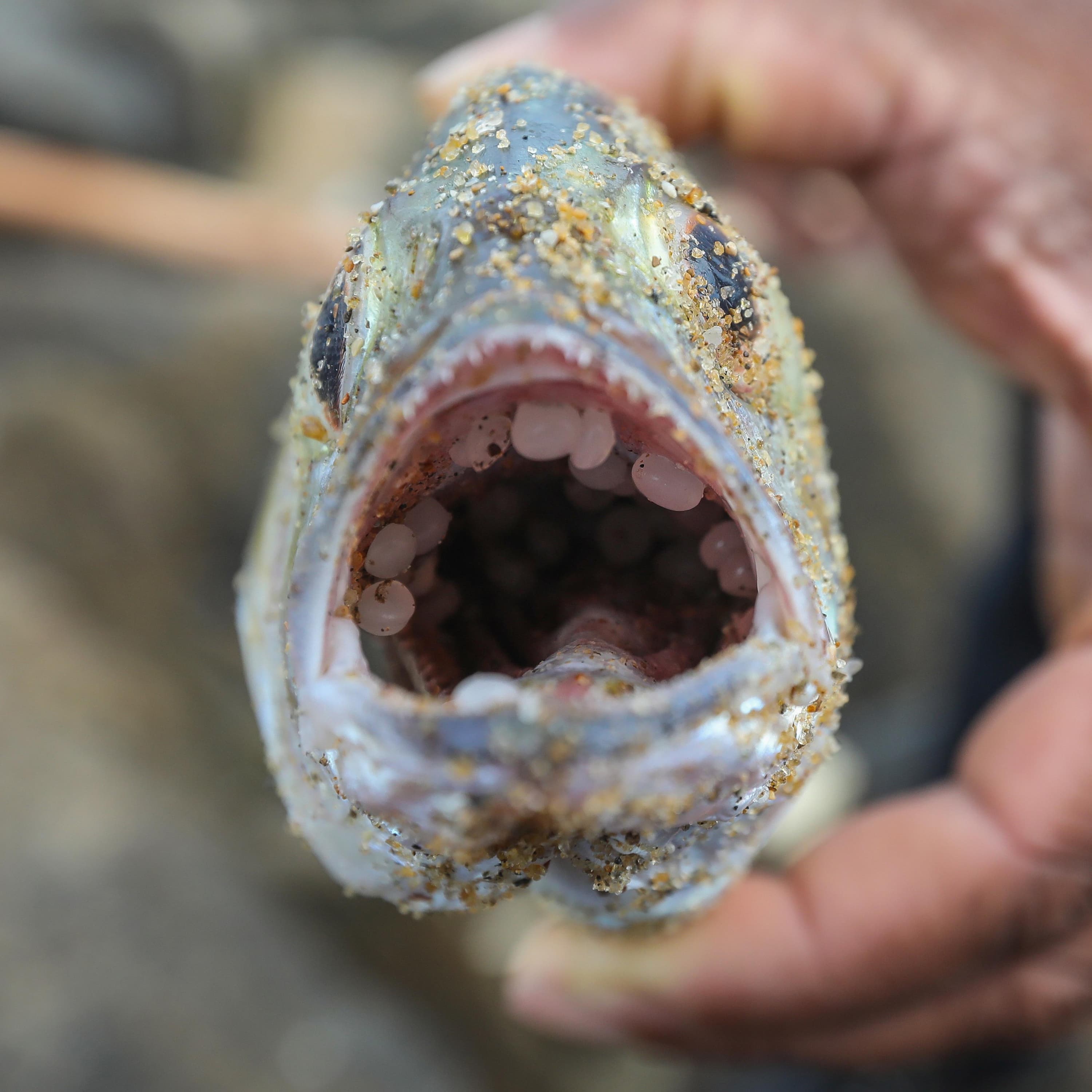
Why is it so bad being a night owl? – podcast
Loading player...
Do you like to get up and go as the sun rises, or do you prefer the quiet hush of the late evening? Many of us tend to see ourselves as being ‘morning larks’ or ‘night owls’, naturally falling into an early or late sleep schedule. These are known as our ‘chronotypes’. Studies have shown that those with later chronotypes are at risk of a range of negative health outcomes, from an increased likelihood of developing type 2 diabetes to depression. In the first of two episodes exploring our biological clocks, Linda Geddes speaks to Prof Debra Skene and Dr Samuel Jones to find out why our internal timings differ, and why it seems worse to be a night owl. Help support our independent journalism at theguardian.com/sciencepod




